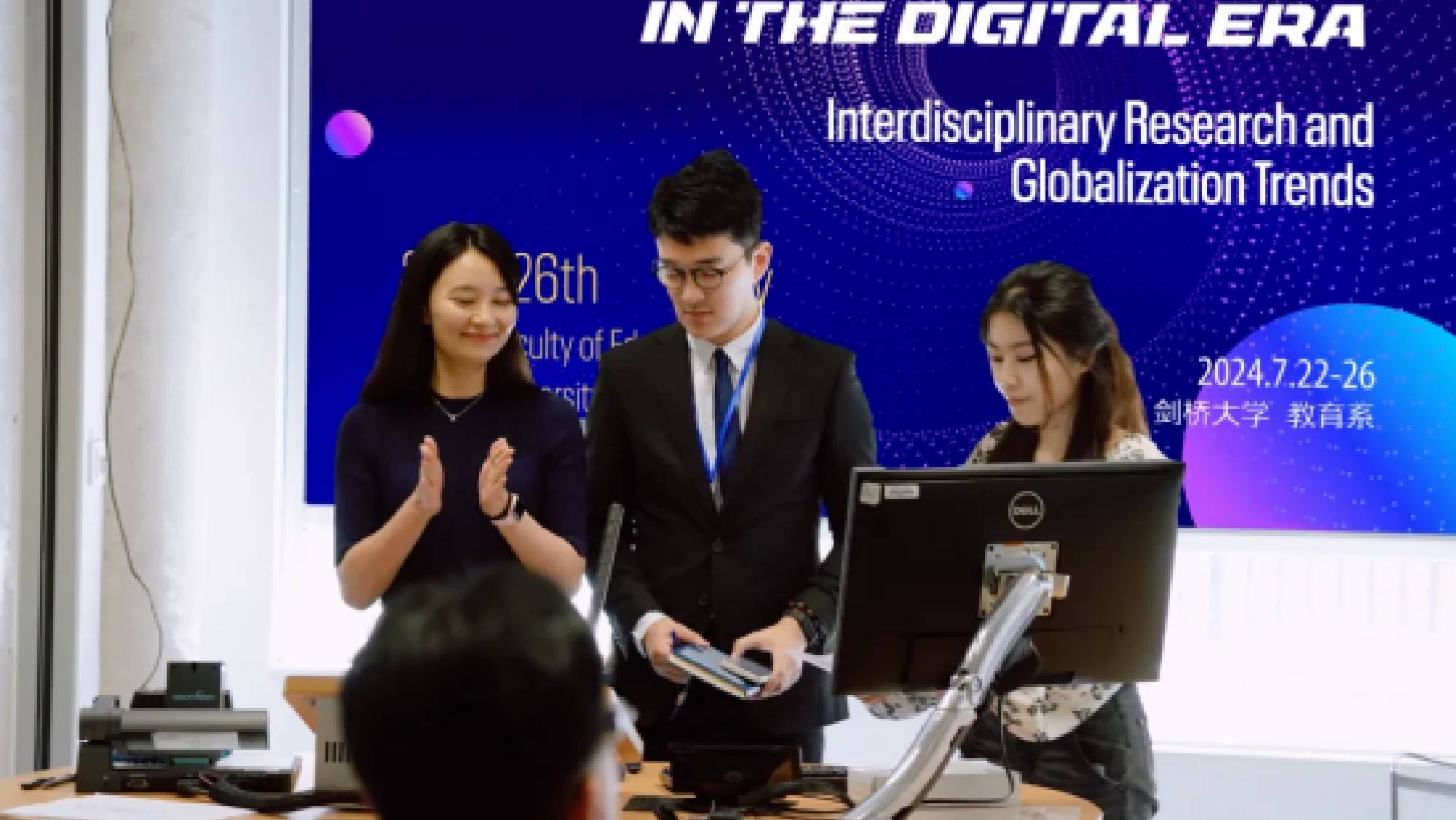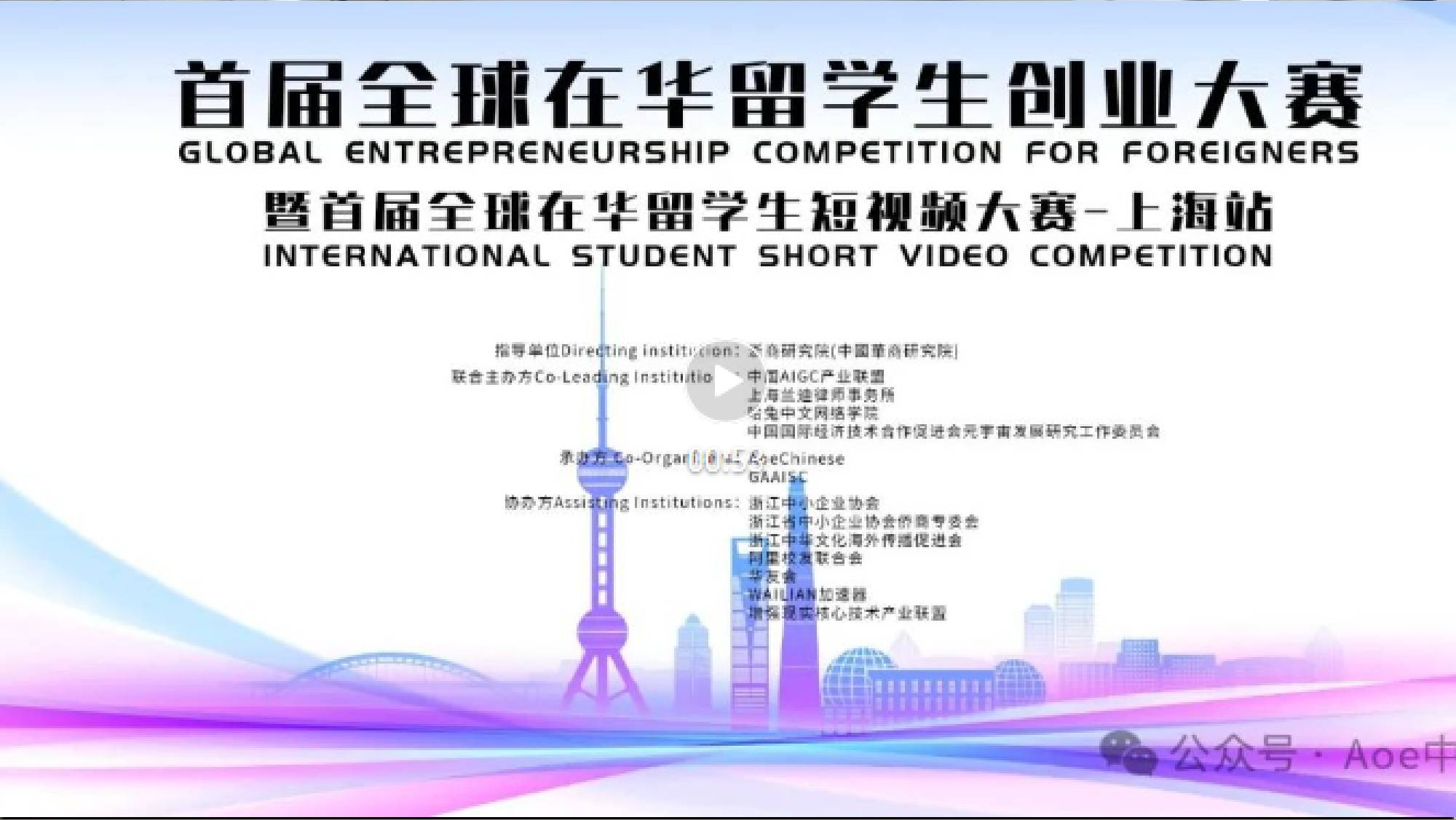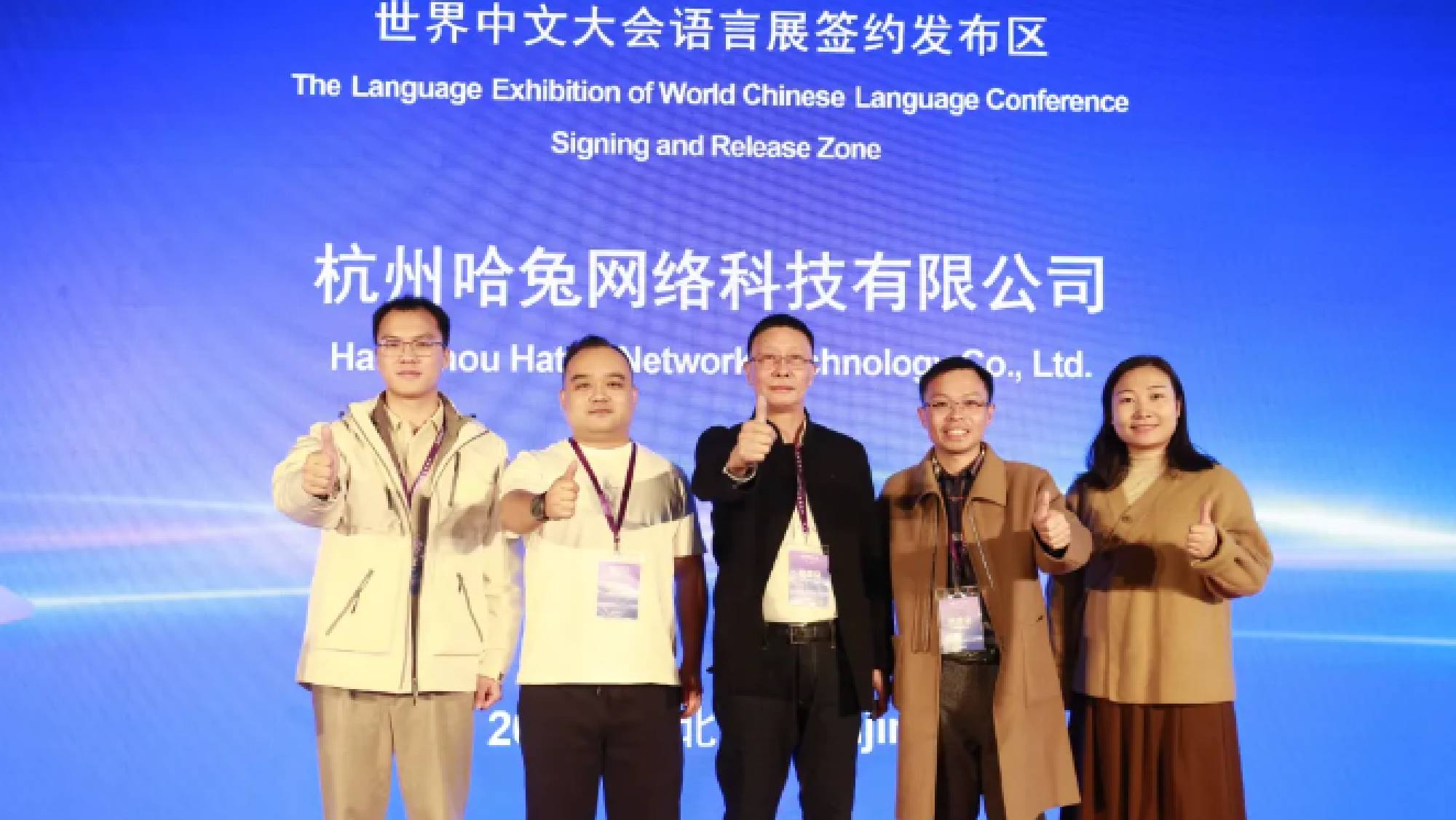FAQ
Contact Us
Online Inquiry
Difference between education system in India and China
- author:
AOE
- pubdate:
2023-07-09 00:00:00
Introduction:
India and China are two of the most populous countries that value education as a means of social mobility and economic growth. However, their education systems have undergone different trajectories over time, resulting in some notable differences between the two.
Centralization:
In China, government has a stronger role in setting national standards and implementing policies across all levels of education.
This leads to a more uniform education experience for students across the country but limits local autonomy in terms of curriculum and teaching methods.
In contrast, India's education system is decentralized, with individual states having significant control over their own education policies and practices.
This can lead to more variation in the quality and content of education from one region to another.
Emphasis on Science and Technology:

China invested heavily in its STEM education to produce a workforce that can compete in the global marketplace.
This led to a strong emphasis on standardized testing and rote memorization, with less attention paid to critical thinking and creativity.
In India, there is still a greater emphasis on the humanities and liberal arts, although this too is starting to shift as the country seeks to develop its own technology sector.
Role of Private Education:
In China, private education has been growing rapidly, particularly at the higher education level.
Concerns about inequality and a lack of quality control arise as many private institutions prioritize profit over academic rigor.
In India, private education has long been a significant part of the education landscape, particularly at the K-12 level.
However, there are similarly concerns about the quality of private institutions, and the government has recently taken steps to regulate them more closely.
Access and Equity:
Both India and China have made significant strides in expanding access to education in recent years.
There are still significant disparities between urban and rural areas, as well as between different socioeconomic groups.
In China, the hukou system has been a particular source of inequality that ties access to social services such as education to an individual's place of birth.
In India, low levels of funding and poor infrastructure have contributed to a lack of access in many rural areas.
Education Agents in China: Helping Students Pursue their Academic Dreams Abroad
With an increasing number of Chinese students looking to study overseas, education agents have become an important resource for these students and their families.
What Education Agents Do

Education agents in China work as intermediaries between students and educational institutions in other countries. They provide valuable assistance to students in navigating the complex process of applying to colleges and universities abroad, including:
· Help with admission requirements
· Visa applications
· Language proficiency tests
· Guidance on Choosing the Right Educational Institution
In addition to assisting with the application process, education agents also provide guidance on choosing the right educational institution that best matches a student's academic and personal goals. They can offer insights into:
Academic programs
Campus culture
Living arrangements at various institutions in different countries
Preparing for Transition to a New Country
Another critical role of education agents is to help students prepare for their transition to life in a new country. This includes providing information on:
· Cultural differences
· Housing options
· Local customs
Frequently Asked Questions
Q: What is the Ministry of Education in China?
A: The Ministry of Education in China is a government body responsible for overseeing all aspects of education in China, from kindergarten to university.
Q: What are the main responsibilities of the Ministry of Education in China?
A: Some of the main responsibilities of the Ministry of Education in China include establishing educational policies and regulations, developing national education plans and standards, promoting educational reform and innovation, improving teacher training and education quality, and managing the national examination system.
Q: How does the Ministry of Education in China collaborate with other countries and international organizations?
A: The Ministry of Education in China collaborates with other countries and international organizations through various channels, such as joint research projects, academic exchanges and visits, and participation in international conferences and events. Additionally, the ministry has established partnerships and cooperation agreements with many foreign universities and educational institutions.
Conclusion:
While India and China share many similarities in terms of their histories and values, their education systems have developed along different paths. Whether one system is better than the other depends on one's priorities and perspectives, but it is clear that both countries face significant challenges in ensuring that all students have access to high-quality education.
Education agents in China are essential resources for students looking to study abroad. They provide guidance throughout the application process, help students choose the best institution, and facilitate the transition to life in a new country. As the number of Chinese students seeking higher education overseas continues to grow, the role of education agents will only become more critical.
recommend
Mandarin vs. Cantonese: Choosing the Right Chinese Dialect for You | AOE-Chinese
Choosing between Mandarin and Cantonese can be challenging for new Chinese learners. This guide breaks down the differences, benefits, and considerations for each dialect to help you make an informed decision. Whether you choose Mandarin, the lingua franca of China, or Cantonese, the heart of Hong Kong, AOE-Chinese offers expert instruction to help you achieve fluency.
Chinese Zodiac 2024: Year of Wood Dragon
In the Chinese Lunar calendar, they determine the specific animal and the element for each year. As for the Lunar New Year in 2024 that began on 10 February 2024, the animal representing this year is the Dragon with the element of wood. Therefore, for 2024, it will be the Year of the Wood Dragon. The Year of Wood Dragon 2024 started on the Lunar New Year.
Nanjing, A City of Duck Dishes
All of us love food, and we have to agree that Chinese cuisine is one of the best dishes in the whole world or even in the whole universe. Chinese have many legendary dishes that are sold overseas. People love Chinese cuisine since it brings back most of us childhood memories and the taste of home dishes. Chinese cuisine offers comfort and ease when we consume it. One of the most famous Chinese cuisines in the world is duck dishes, such as braised duck, roast duck, boiled duck, etc. If you are a fan of duck dishes, Nanjing is the city that you should visit if you plan to travel in China.




